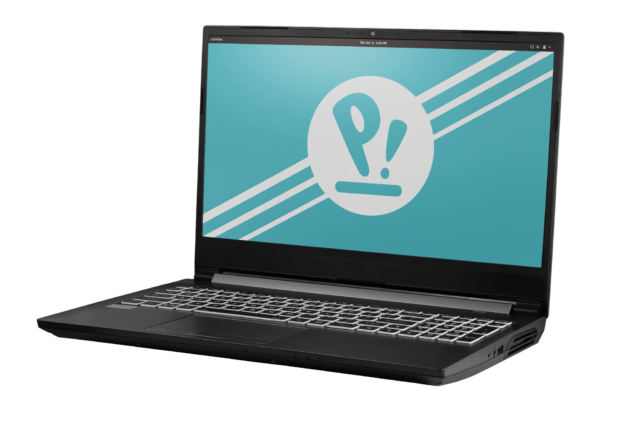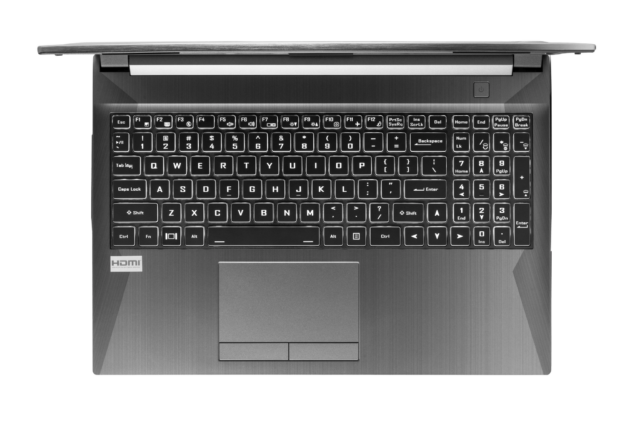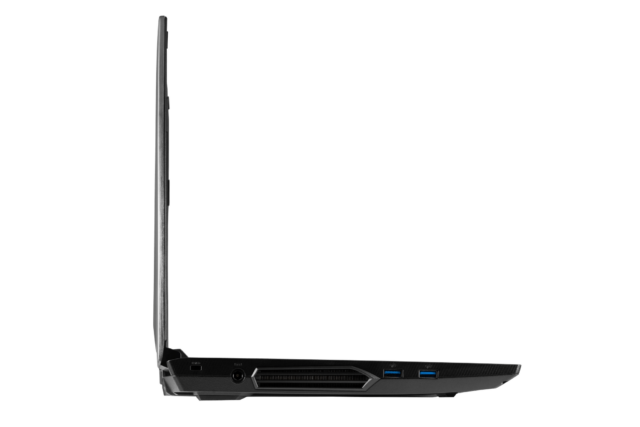
System76’s latest Linux laptop combines one of AMD’s most powerful 5000 series mobile CPUs with Nvidia’s mid-range RTX 3060. Configurable to up to $3,442, the Kudu targets Linux users who have a lot of work to do, while quietly nodding at those who like to play games every now and then, too.
The 15.6-inch Kudu is the second-priciest offering in System76’s laptop lineup. It comes with an octa-core AMD Ryzen 9 5900HX, which has a base clock speed of 3.3 GHz and a boost of up to 4.6 GHz.

It’s worth noting that AMD announced its next generation of mobile chips, the Ryzen 6000 series, last month, and laptops should start arriving with those chips soon. Options are more limited in the Linux space, but for a quick comparison, the AMD Ryzen 9 6900HX has the same clock speed as its last-gen counterpart but with a higher boost of up to 4.9 GHz and more graphics cores (12 versus 8).

The RTX 3060 handles graphics, as System76 points the clamshell toward content creatives and multi-tasking. But the System76 is potentially ready for some gaming after work is done, as well. Its 1920×1080 screen has a 144 Hz refresh rate and storage via two NVMe PCIe 3.0 SSDs, which can be increased to 4TB, with sequential read and write speeds of up to 3,500 MBps and 3,300 MBps, respectively.
Additionally, desktop-grade DDR4-3200 RAM goes up to 64GB across two channels. There’s even a “multi-color backlit” keyboard, (although System76 didn’t provide images), so you can look the part.

However, you can find cheaper Windows-based gaming laptops with similar power. And at its base configuration, the Kudu has 8GB of memory and just 240GB of storage but is still a pricey $1,800.
Connectivity may disappoint, as there’s no Thunderbolt 4, like in System76’s Oryx Pro. Instead, the Kudu comes with USB 3.2 Gen 2 Type-C and A, USB 3.2 Gen 1 Type-A, USB 2.0 Type-A, Mini DisplayPort 1.4, HDMI, and two audio jacks. There’s also Ethernet, Wi-Fi 6, and Bluetooth 5.

In addition to Ubuntu 20.04 LTS (Focal Fossa) and 20.04 LTS, you could get the Kudu with System76’s homegrown Linux distribution, Pop!_OS 20.04 LTS. Either option will cost the same.
https://arstechnica.com/?p=1831481

